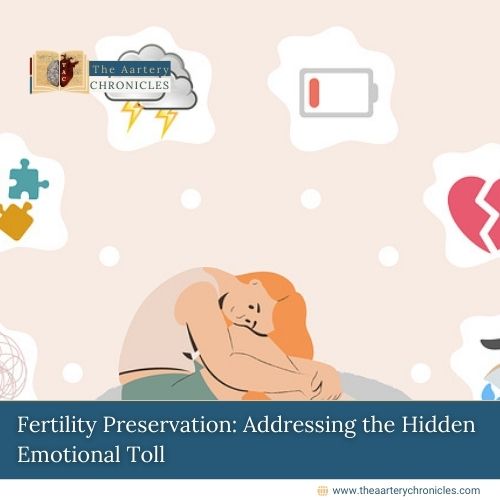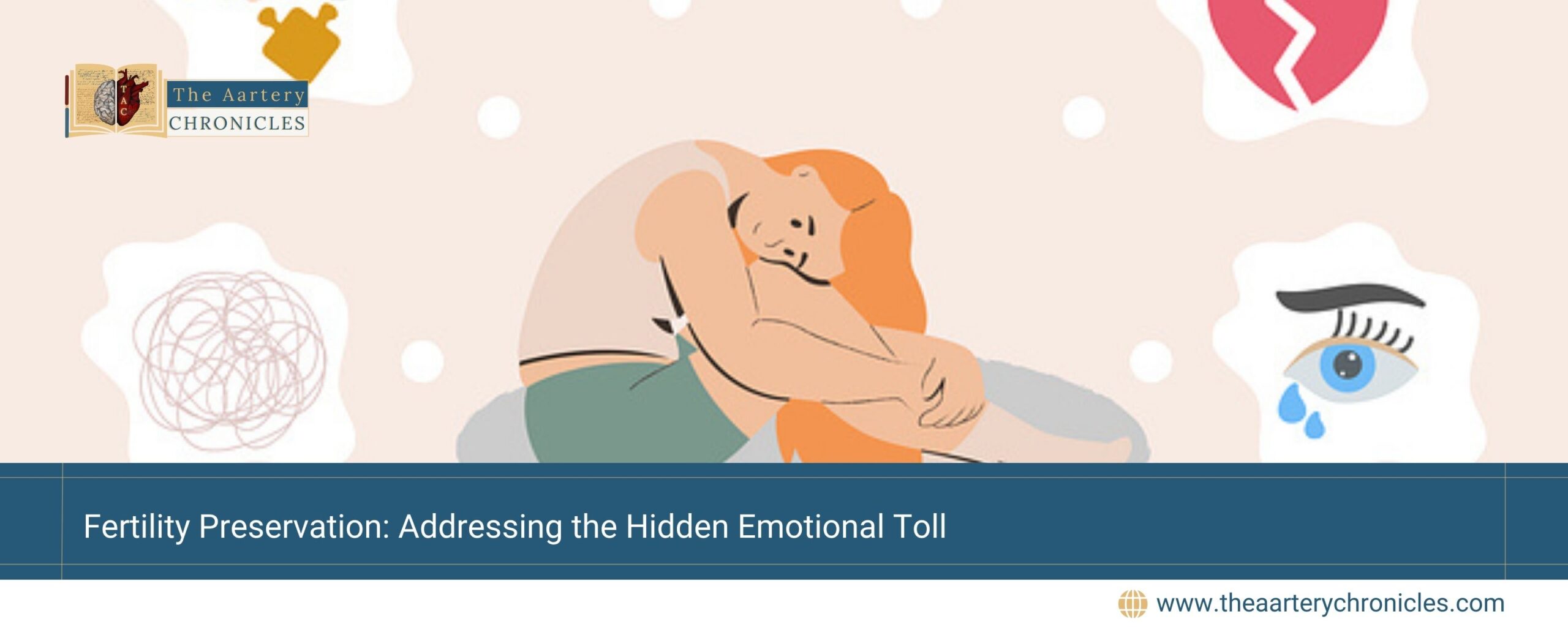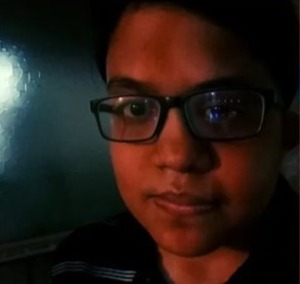

Fertility Preservation: Addressing the Hidden Emotional Toll
Introduction
Fertility preservation is a transformative option, allowing women to control their reproductive futures. However, the process is not without significant emotional and psychological challenges. The decision, whether driven by medical reasons such as cancer or personal circumstances like career goals or the lack of a partner, involves navigating stress, uncertainty, and societal expectations. Addressing the mental health implications is as essential as the physical aspects of fertility preservation.
Emotional Challenges of Fertility Preservation
Deciding to preserve fertility often brings mixed emotions. For some women, the decision offers relief and hope; for others, it introduces fear and doubt. The process can be physically and mentally taxing, with multiple medical appointments, financial considerations, and lingering uncertainties. Hormonal treatments involved in egg or embryo freezing can exacerbate mood swings, anxiety, or depression. Furthermore, women may face societal pressures that judge or undermine their choices, intensifying feelings of isolation and self-doubt.
The loneliness many women report is compounded by the lack of understanding from friends and family. Fertility and motherhood are deeply personal yet socially scrutinized topics, leaving many women without adequate support during their journey. These compounded stressors highlight the need for comprehensive care that includes mental health support alongside medical interventions.
The Role of Mental Health Support
Mental health support is pivotal for women undergoing fertility preservation. Counseling services, particularly those offering cognitive behavioral therapy (CBT) and mindfulness practices, have proven effective in managing stress and building resilience. Such services provide a judgment-free space for women to express their fears, expectations, and uncertainties while receiving tailored guidance.
Therapists can also help women navigate complex decisions about future family planning. For example, they might explore how to cope with the outcomes of using preserved eggs or embryos years later. The ability to discuss these matters openly can provide clarity and confidence, enabling women to approach their decisions with greater empowerment.
Building a Support Network
Beyond professional counseling, a strong personal support network is invaluable. Whether through friends, family, or peers, such connections can alleviate feelings of isolation. Online and in-person support groups also play a critical role, creating a community where women can share experiences, ask questions, and find solace among those who truly understand their journey. These networks not only provide emotional relief but also reinforce the sense that women are not alone in their challenges.
A Comprehensive Approach to Fertility Care
Integrating mental health support into fertility care elevates the quality of the overall experience. Addressing the psychological impact alongside the physical process ensures women feel fully supported at every stage. When mental health is prioritized, women can face the future with greater strength, confidence, and well-being.
Conclusion
While fertility preservation offers hope and autonomy, it is also a reflection of the larger social and structural challenges women face. The emotional weight and societal expectations tied to such decisions underscore the importance of creating an environment where women’s choices are respected and supported without judgment. A more inclusive approach; one that addresses both mental health and societal attitude is essential for women to navigate this journey with dignity and strength.
Source: Inputs from various media Sources





